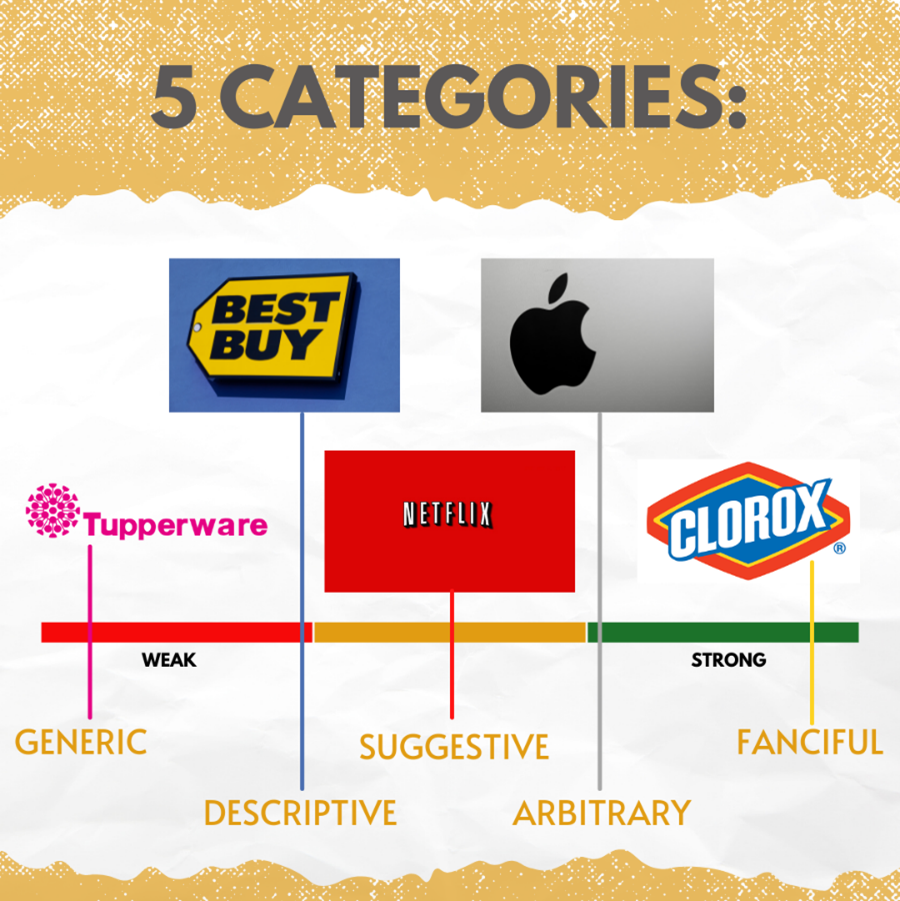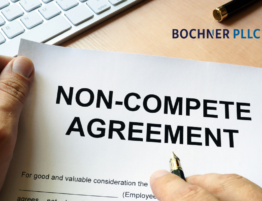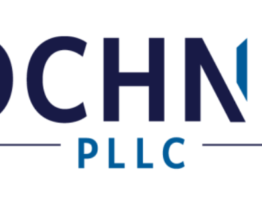
There are a few things to note before going forward on a trademark registration.
The strongest trademarks are those that are inherently distinctive. These are trademarks which easily identify the good or service. Descriptive and generic trademarks are weak and often get rejected so it is important to understand what makes or breaks a trademark. Consequently, many trademarks are rejected for likelihood of confusion. Likelihood of confusion is the most common reason trademarks are rejected. Additionally, merely descriptive trademarks are weak. They are those whose dictionary definition is synonymous with a quality of the good or service and can only receive trademark protection if they acquire secondary meaning.
Trademarks deemed scandalous, disparaging, or immoral will be rejected. Notably, the USPTO cancelled the trademark for the Washington Football Team formerly known as the Washington “Redskins.” The Lahnam Act allows for the USPTO to cancel any mark that is or has become scandalous, disparaging, or immoral, among other things.
Another reason trademarks are rejected is due to ornamentation. Generally, if the applied-for mark is merely a decoration, then it will be refused due to ornamentation. This is most often an issue for designers. Additionally surnames are not typically strong trademarks but they can acquire secondary meaning. There are many other reasons why a mark might be rejected, but more importantly one should know the aspects of a strong trademark.
Here are 7 criteria to ensure you have a great trademark:
- Make certain the mark is not generic. Descriptive marks can become distinctive by acquiring secondary meaning; the mark has become an indicator to consumers.
- Ex: Clock cannot be trademarked for use in a timepiece.
- Is your mark descriptive? It will be rejected. Find a happy medium.
- Personal names do not make for good marks.
- However, sometimes it works in a situation like Beyoncé trademarking her daughter BLUE IVY CARTER’s name for US commercial purposes.
- Suggestive marks might be entitled to less extensive and weaker protection than arbitrary, fanciful, or coined marks.
- Suggestive Marks: a suggestion to the quality of the product without straightforward description that requires the consumer to use their imagination.
- Ex: 7-Eleven
- Suggestive Marks: a suggestion to the quality of the product without straightforward description that requires the consumer to use their imagination.
- Arbitrary marks are one of the strongest. Arbitrary marks are generally common words without contextual meaning.
- Ex: Apple
- The best trademark is one that is made up.
- Fanciful Marks: a new made up word.
- A combination of parts of words to make a new word are strong trademarks and are inherently distinctive.









